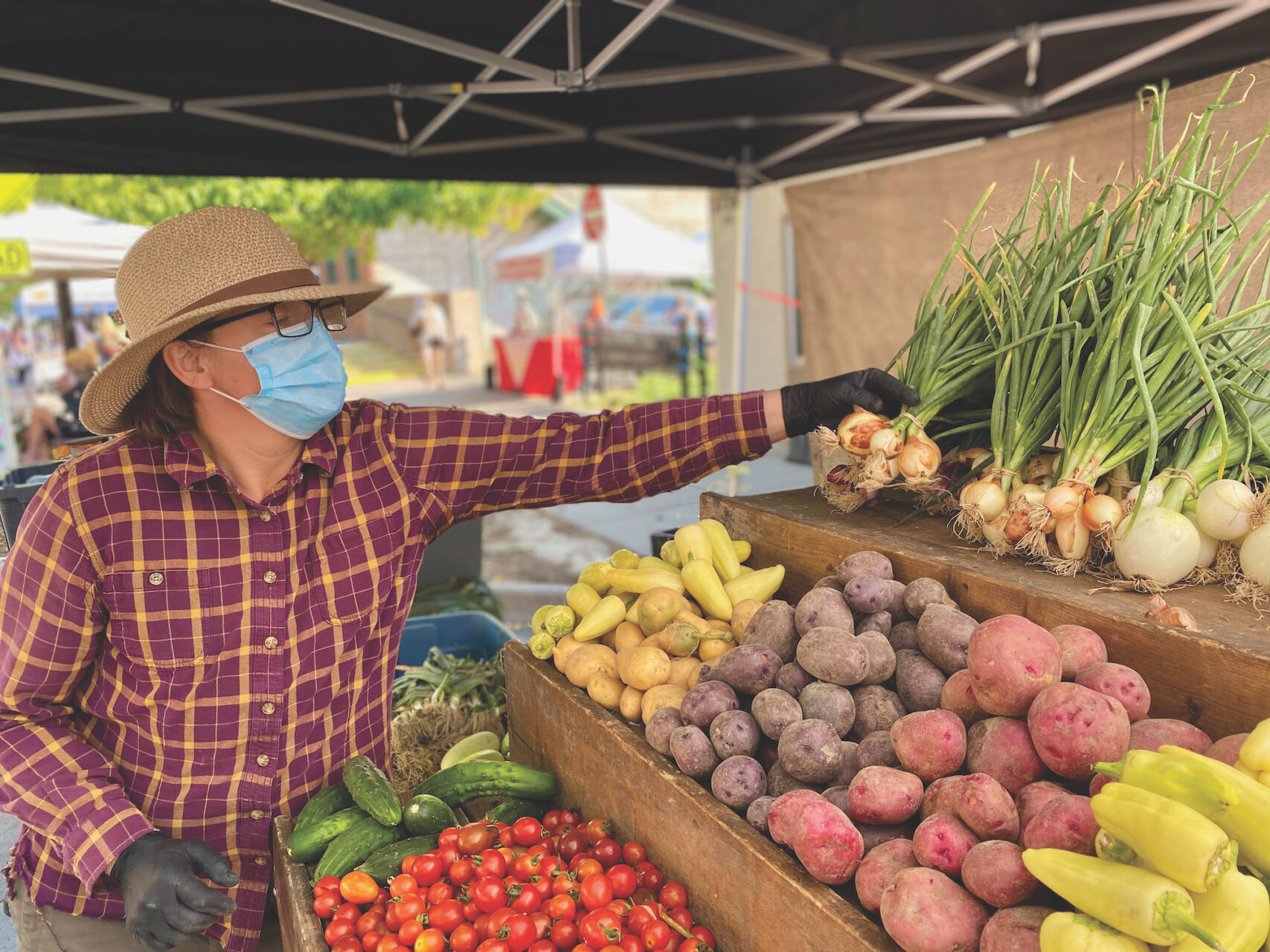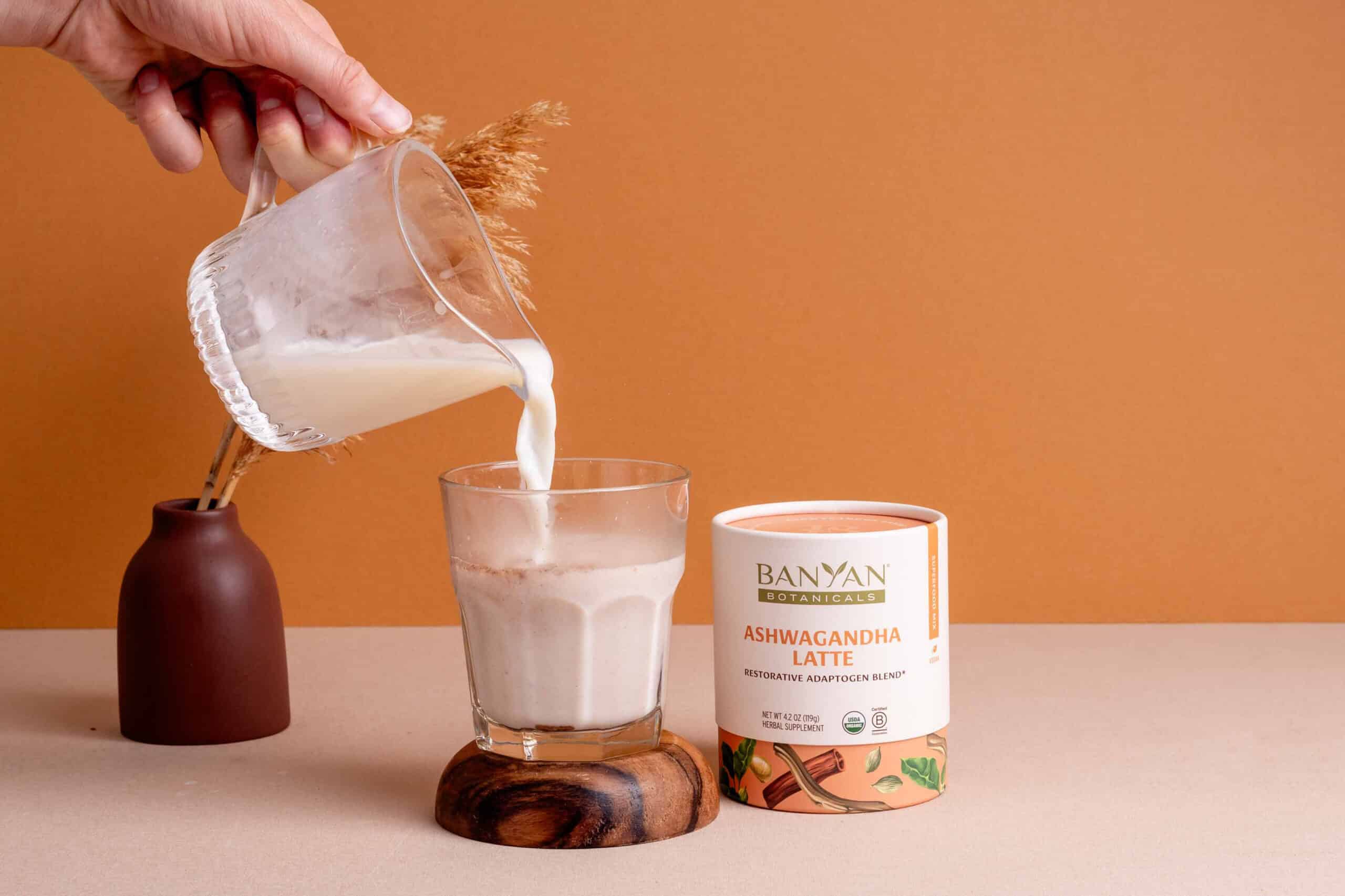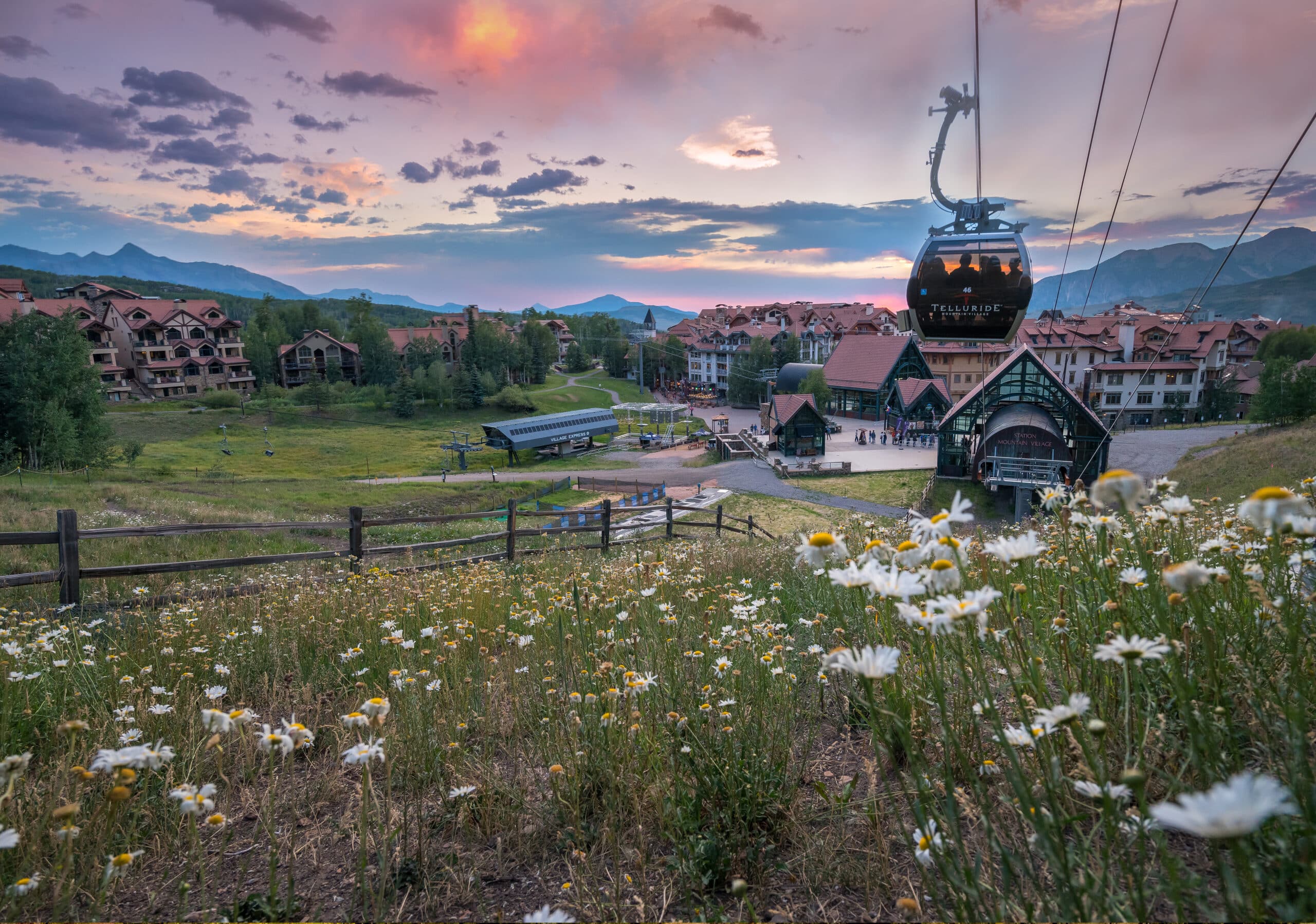Honor Your Local Food System : Q+A With Brian Coppom, Executive Director of Boulder County Farmers Markets | By Lexi Reich
Brian Coppom believes to live in harmony with the world we must support our local food systems. Regional cuisine in Colorado is plentiful, and it is essential to support local chefs and farmers markets now more than ever before. Not only does this uphold our ecosystem, it boosts individuals’ health by eating aligned with the seasons.

Brian Coppom
“For decades I had driven past local farms without stopping,” he admits. But in 2011, Coppom and his wife Nancy signed up for a Community Supported Agriculture (CSA), where they were given the opportunity to visit farms along the Front Range. Together they discovered the sense of ease and belonging that comes with connecting the land to its food.
In 2012, Nancy started selling baked goods at Boulder County Farmers Markets (BCFM). On the first market day of the season, Coppom was helping her set up a booth in Longmont and further unearthed community amongst vendors and customers who shared a love of locally grown food.
“The goodwill, camaraderie and shared purpose was unlike anything I had experienced up to that point,” he says. “I was hooked.”
About a year later, Coppom landed his dream job as the executive director of the BCFM.
HOW DOES PARTICIPATING IN ONE’S LOCAL FOOD SYSTEM PROMOTE SUSTAINABILITY AND STRENGTHEN OUR ECOSYSTEM?
Agriculture has tremendous impacts on the environment. Over 50 percent of the land area of the U.S. is used for farming or ranching. Some of those operations work to support a healthy environment. Others are strictly economic in nature and have little regard for the impacts on the people and ecology around them. Every time we purchase an item, whether it’s beef, beer or beets, we chose which outcome we support. The global food system, however, is so large and opaque that it is difficult to know what we are supporting. By contrast, direct access means we can know the local food system. We can ask a farmer or rancher what methods they use. We can visit the farm and see for ourselves how the animals live or how crops are planted.
IN YOUR OPINION, WHAT DOES IT LOOK LIKE TO LIVE IN HARMONY WITH FOOD AND THE NATURAL WORLD?
In a culture where meat comes from Styrofoam containers and strawberries can be had any time of year, it can be easy to forget that our food is a function of nature. Living in harmony with food and its relationship to the natural world would involve honoring the seasons, water and temperatures that contribute to the sense of this place. Much more of our diet would revolve around the abundance of the moment. We would heartily eat spinach in the spring, peaches and tomatoes during the summer, and squash and apples in the fall. The arrival of a food would be celebrated, and its temporary departure would be mourned. Lack of variation in color, size and shape would be undesirable, and cosmetic imperfections would be a sign of integrity. In the same spirit, we would support farmers’ leaving more room on the edges of their fields for wild habitat and “planting a row for the rabbits” by acknowledging that marginally lower production will result in marginally higher prices.
WHAT ARE SOME THINGS YOU WISH WERE DIFFERENT WHEN LOOKING AT COLORADO’S FOOD SYSTEMS?
Unlike almost any other critical public service — education, water supply, roads — the vital act of growing our food is treated as an entrepreneurial venture. Combine that with our addiction to cheap food, and we have an unsustainable system where the costs of providing us constant abundance are born primarily by the farmers, environment and low-wage workers. In a better Colorado, we would all have a vested interest in our local food supply. We would see public investment in land, water, storage and distribution infrastructure that would strengthen our local farmers and ranchers and foster the systems we value.
WHY ARE DISCUSSIONS LIKE THESE IMPORTANT?
For the last 100 years, we have been taught that food should be dirt cheap and farmers should be dirt poor. Industrial food giants taught us that an anonymous factory in Ohio makes better soup than we do at home and highly processed means high quality. Until we confront these mythologies, we continue to risk being the unhealthiest developed country in the world (we are currently number two) and perpetuating the destruction of our environment. Discussing our relationship to our food and how and where it is grown is essential if we are to create better outcomes for ourselves and our children.
WHAT ARE SOME TIPS YOU HAVE FOR OUR READERS ON HOW THEY CAN REDUCE THEIR ENVIRONMENTAL FOOTPRINT WITH THEIR CONSUMER CHOICES?
When we buy something, it’s not easy to know which values we are supporting. Buying from local growers can support soil health, pollinator habitat, clean water and biodiversity. One of the best things about engaging with the local food system is that it’s a pleasure, not a chore. Food grown where we live tastes better, elicits stronger emotional connections and strengthens our sense of belonging and place. Go to your local farmers market or Google a farm stand near you. If you can’t decide which farms to patronize, visit a restaurant that you know prides itself on local sourcing and pick a couple farms from their list — the chefs are the experts. Open yourself to discovery, try something new and ask a lot of questions. Participating in the local food system should feel more like going on a fun date than paying the bill.
Photos courtesy Boulder County Farmers Markets.
Originally published in the Summer + Fall 2021 issue.
A warming blend of peppermint, eucalyptus, juniper berry, lemon peel, ginger root and “whole-plant” CBD is exactly what [...]

Subscribe to Our Tribe
Stay up to date with Y+L News, Events and special announcements.










